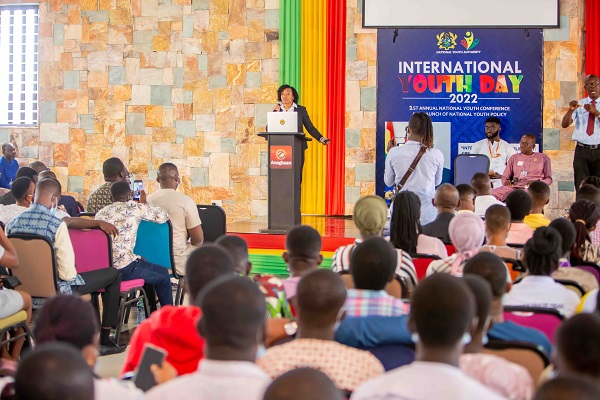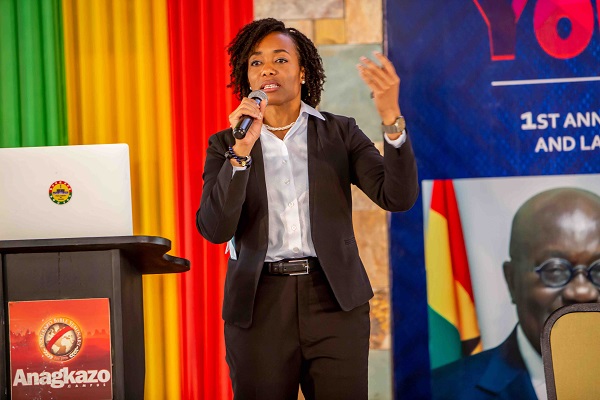The MP for Klottey Korle, Dr Zanetor Agyeman-Rawlings, has said there is a disconnect between the subjects being offered in tertiary institutions and the job market.
According to her, the development is one of the factors contributing to unemployment and also producing some unemployable graduates.

Agyeman-Rawlings said students must not be forced to take subjects they have no interest in after applying for their preferred subjects.
Speaking at a youth forum, she said this has an added consequence of demotivating the individuals and taking away their passion for their career choice.
“Nation building and development are not about guesswork. We have a National Development Planning Commission; we have the Ghana Statistical Service; we have the census that was undertaken in the year 2021,” she said. “We know how many young people there are; we know the breakdown of their ages, we know how many medical schools there are, we know what the doctor-patient ratio should be. We do not have to invent the wheel.”
“There are international standards. We know what the teacher-student ratio should be so that we can make sure we are delivering on optimum health care and optimal education. Why is it not translating into the quota for students entering the various faculties in our tertiary institutions?” Agyeman-Rawlings asked.
Touching on the national security strategy of Ghana and the National Framework for Preventing and Countering Violent Extremism and Terrorism in Ghana, Agyeman-Rawlings, who is also the deputy ranking member of the Select Committee on Defence and Interior in Parliament, said one of the most important and recurrent references in those documents is the youth.
On terrorism, the Klottey Korle legislator said free and fair elections without the pillars of good governance, including the protection of the rights, equitable opportunities for citizens and adequate provision of services and amenities such as potable water and electricity make it easy for a group of people with ulterior motives to usurp the role of government by providing these services and amenities, with the ultimate intention of taking control of our territories.
Agyeman-Rawlings also called for the need to confront factors such as chieftaincy disputes, corruption, unemployment especially in the youth, inequitable distribution of resources, personal grievances, and lack of accountability, as these help to drive radicalisation and violent extremism.
Youth and sports, cultural and religious tolerance and integration, creation of opportunities for economic integration, education, critical thinking, and sensitisation, are key to creating greater harmony and understanding, as well as elevated awareness in preventing violent extremism, she said.
Source: Daily Mail GH





